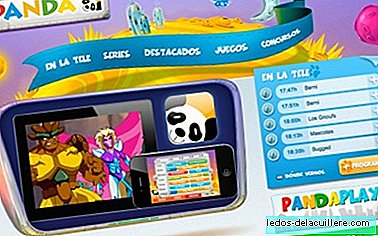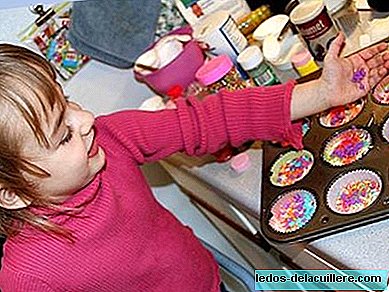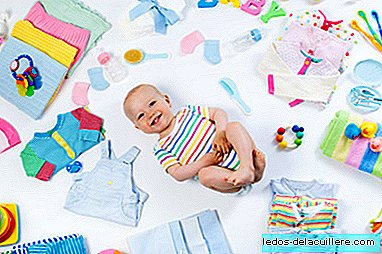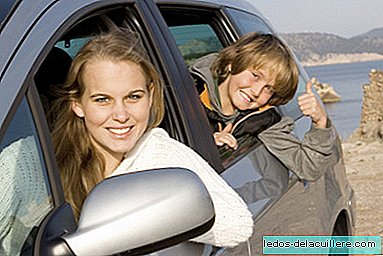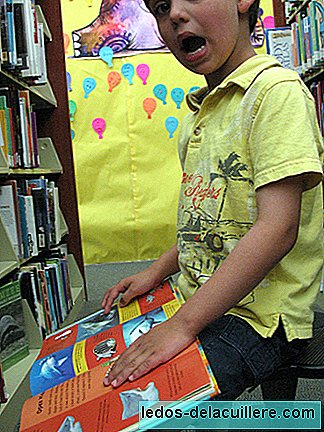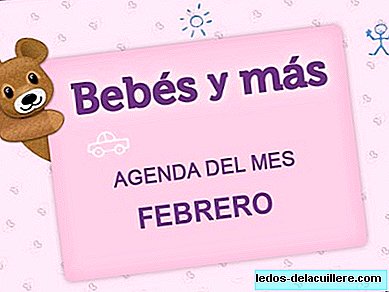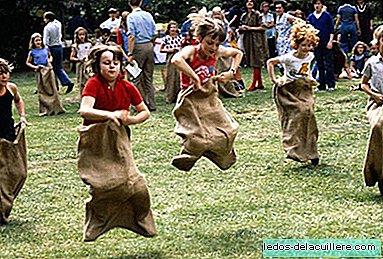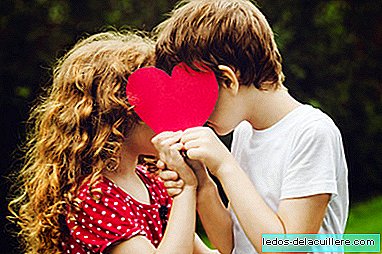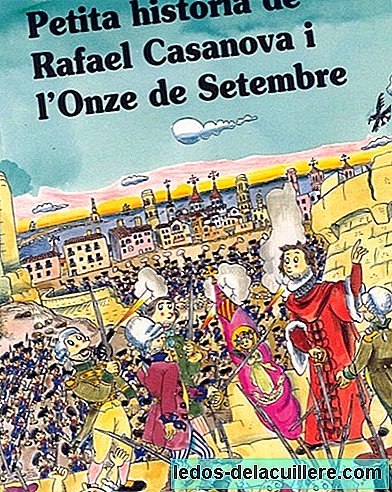
When we all thought that children had to play, have fun, learn, share, work in teams, be critical and participate with their classmates, in parks, in workshops and at home, we suddenly learned that before political acts, specifically political, children have a behavior that exceeds our expectations.
And, as we have seen recently on a television channel and broadcast during children's hours, they attend these events and participate actively. And it seems that beyond shaking hands, sharing the day with their families, having fun with other children and eating the decorated food, we have learned that they have ideas, opinions, knowledge, critical capacity and recognize and understand abstract concepts such as freedom, good and bad, victory, surrender and independence.
Since it is very difficult for me to believe that these children have their developed capacities with respect to the rest of the children, I prefer to think that what they are doing is playing, repeating, imitating and smiling when they look at the television camera and those around them. And it is very complicated to think that while fenced ages are not reached at 16, 17 or 18, children can have judgment and opinion to make decisions, so, no, I don't think it is necessary for children to participate so actively in political acts.
When my generation were children, they took to the TV to watch the Clowns of the TV or similar programs and more than thirty years later many of those children will remember themselves in a nice, funny, fun way and laugh in a healthy way watching on YouTube or Facebook. I fear that these children mobilized in political acts, in thirty years will be seen on social networks, or as they are called in the future, and I do not believe that many of them are recognized or agree with how their images were used and comments when they were children.
Note: The image of the article is taken from the book 'Petita Història by Rafael Casanova i l'Onze de Setembre' which, according to the editorial, is a small story that brings children, in a pleasant and rigorous way, life and the trajectory of Rafael Casanova, a man who has become the symbol of the Catalan and democratic freedoms of the country. The book is priced at 6 euros.


